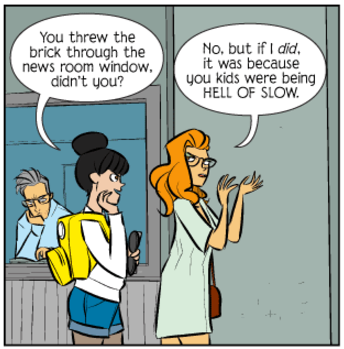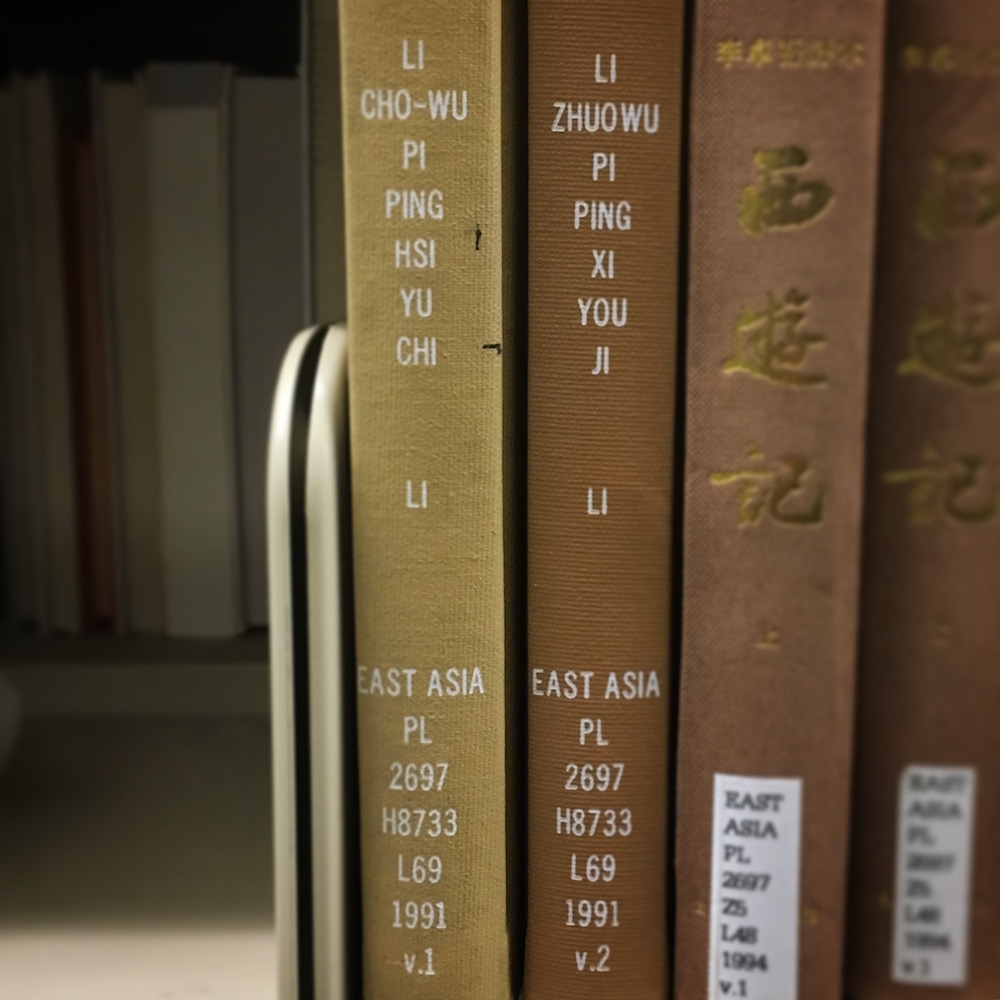Or maybe, "What is vamping, and how could the Trump administration redo it?" Perhaps because I was very tired, that was my reaction to this story by Nia-Malika Henderson, "April Ryan asked the most important question of the Trump presidency", CNN 3/30/2017:
After a contentious — and some said condescending, sexist and racist — back-and-forth with White House reporter April Ryan at a press briefing Tuesday, Sean Spicer tried to get over the dust-up at the Wednesday briefing.
He called on the American Urban Radio Networks correspondent first, and the two exchanged forced pleasantries. Moving on, folks, was the clear message. Nothing to see here. We are professionals and combat happens.
But, lost amid that Tuesday exchange was the actual substance of Ryan's question. It was an important one, which goes to the heart of where President Donald Trump finds himself — the Gallup daily tracking poll has Trump at 35%, a new low.
Ryan asked: How does this administration try to revamp its image?
Read the rest of this entry »

